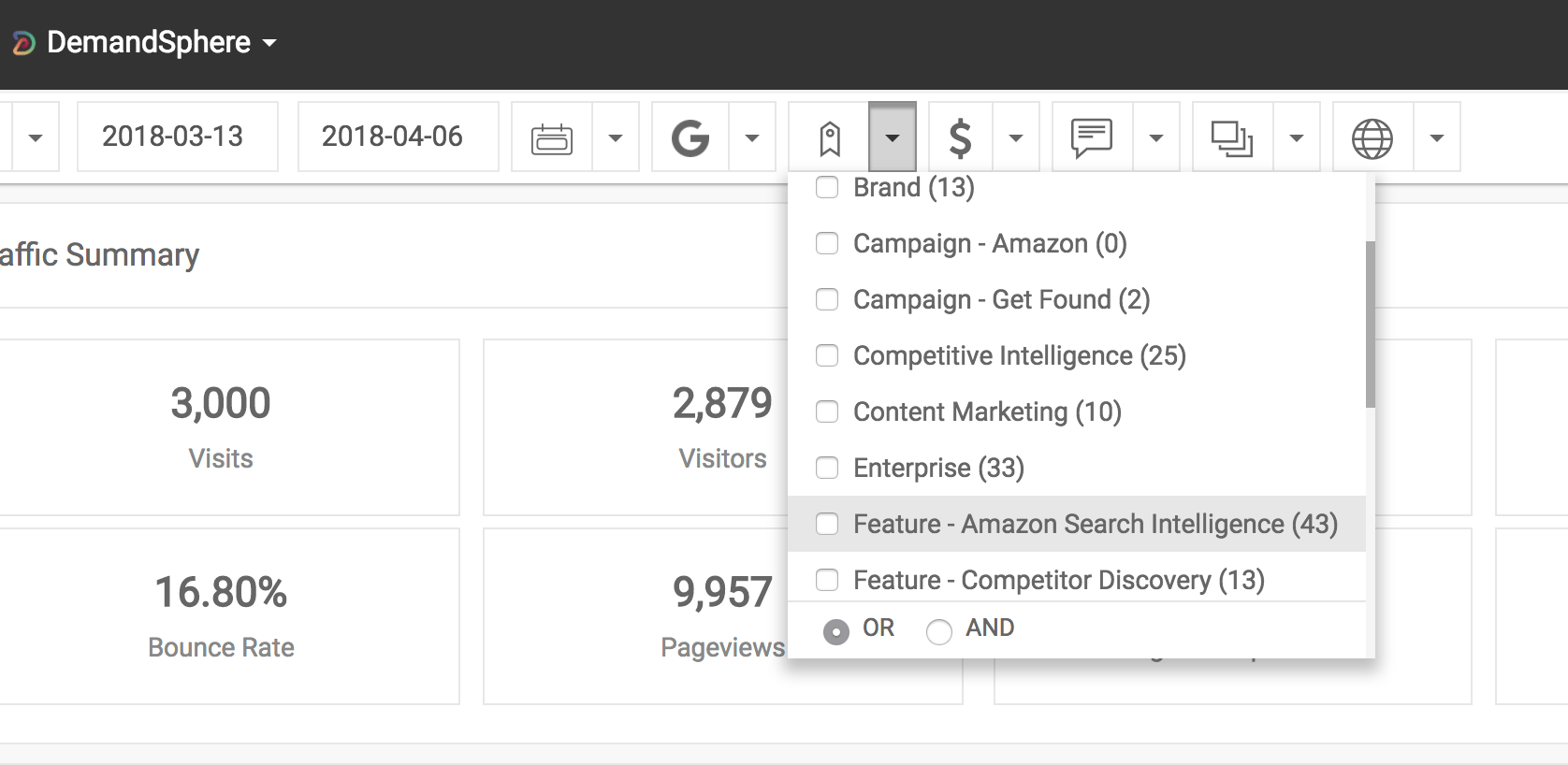In the ever-evolving landscape of digital marketing, staying ahead of the competition is crucial, and one of the most effective ways to achieve this is through daily keyword tracking. This strategic practice allows marketers and businesses to monitor their keyword performance on a daily basis, ensuring that they can adapt to changes in search engine algorithms and user behavior. By understanding how specific keywords are performing, companies can refine their content strategies, enhance their SEO efforts, and ultimately improve their visibility in search engine results pages (SERPs).
Daily keyword tracking not only helps businesses optimize their existing content but also aids in identifying new opportunities for growth. With the right tools and techniques, marketers can gain valuable insights into which keywords are driving traffic, which ones are underperforming, and what adjustments need to be made to capitalize on market trends. This proactive approach enables businesses to make data-driven decisions, ensuring that their SEO strategies are always aligned with consumer interests.
Moreover, daily keyword tracking fosters a deeper understanding of the competitive landscape. By analyzing competitors’ keyword strategies, businesses can uncover gaps in their own approaches and develop more effective tactics to outperform their rivals. In a world where digital visibility can make or break a business, investing time and resources into daily keyword tracking is an essential practice that can yield significant returns.
What Is Daily Keyword Tracking?
Daily keyword tracking refers to the continuous monitoring of specific keywords to assess their performance in search engine results. This process involves tracking rankings, search volume, click-through rates (CTR), and other relevant metrics to understand how well a website is performing for targeted keywords. By conducting daily checks, businesses can quickly identify fluctuations in keyword rankings and make timely adjustments to their SEO strategies.
Why Is Daily Keyword Tracking Important?
Understanding the significance of daily keyword tracking is vital for any business looking to enhance its online presence. Here are several key reasons why this practice is essential:
- **Real-Time Insights:** Daily monitoring provides immediate feedback on keyword performance.
- **Adaptability:** Quick identification of ranking drops allows for timely strategy adjustments.
- **Competitive Analysis:** Regular tracking helps businesses understand their positioning against competitors.
- **Content Optimization:** Insights from tracking can inform content creation and optimization efforts.
How Can You Implement Daily Keyword Tracking?
Implementing daily keyword tracking involves several steps:
- **Choose the Right Tools:** Utilize keyword tracking tools such as SEMrush, Ahrefs, or Google Search Console.
- **Select Target Keywords:** Identify the primary keywords relevant to your business and industry.
- **Set Up Tracking:** Input your keywords into the chosen tool and configure tracking settings.
- **Analyze Data:** Regularly review the data and metrics provided by the tool to assess performance.
What Metrics Should You Track Daily?
When conducting daily keyword tracking, it's essential to focus on specific metrics that provide a comprehensive view of performance. Key metrics to monitor include:
- **Keyword Ranking:** The position of your keyword in search results.
- **Search Volume:** The number of searches for a particular keyword.
- **Click-Through Rate (CTR):** The percentage of users who click on your link after searching for the keyword.
- **Conversion Rate:** The percentage of visitors who complete a desired action after clicking through.
How Often Should You Track Keywords?
While daily keyword tracking is beneficial, the frequency of tracking can vary based on several factors:
- **Industry Dynamics:** Fast-paced industries may require daily checks, while slower sectors can track weekly.
- **Business Goals:** Organizations focusing on aggressive growth may benefit from more frequent tracking.
- **Resources Available:** Consider the tools and manpower available for keyword tracking.
What Are the Best Tools for Daily Keyword Tracking?
Several tools are available that can simplify the daily keyword tracking process, including:
- **SEMrush:** A comprehensive SEO tool that offers keyword tracking, competitive analysis, and more.
- **Ahrefs:** Known for its backlink analysis, Ahrefs also provides keyword tracking features.
- **Google Search Console:** A free tool that allows you to monitor your website's performance in Google search.
- **Moz:** Offers keyword tracking along with various other SEO tools to enhance your strategy.
How to Interpret Keyword Tracking Data?
Interpreting keyword tracking data is crucial for making informed decisions. Consider the following tips:
- **Identify Trends:** Look for patterns in ranking changes over time.
- **Correlate with Changes:** Assess how changes in your SEO strategy correlate with shifts in keyword performance.
- **Focus on High-Impact Keywords:** Prioritize keywords that bring the most traffic or conversions.
What Are Common Mistakes in Daily Keyword Tracking?
Avoiding common pitfalls can enhance the effectiveness of your daily keyword tracking efforts:
- **Ignoring Long-Tail Keywords:** Focusing solely on high-traffic keywords may overlook valuable long-tail opportunities.
- **Neglecting Competitor Analysis:** Failing to analyze competitors can result in missed opportunities.
- **Not Adjusting Strategies:** Sticking to outdated strategies despite data indicating poor performance is a common mistake.
How Can You Optimize Your Content Based on Keyword Tracking?
Using insights from daily keyword tracking can significantly enhance your content strategy. Here are some optimization tips:
- **Update Existing Content:** Refresh underperforming pages with improved keywords and better content.
- **Create New Content:** Develop articles that target high-potential keywords identified through tracking.
- **Refine Meta Tags:** Optimize titles and descriptions based on keyword performance data.
In conclusion, daily keyword tracking is an invaluable practice for businesses striving to improve their SEO performance. By monitoring keywords consistently and adapting strategies accordingly, companies can enhance their online visibility, attract more visitors, and drive conversions. Embracing this proactive approach to SEO will not only keep businesses ahead of the competition but also position them for long-term success in the digital landscape.
Unveiling The Mysteries Of The 28 April Zodiac Sign
Unveiling The Life Of Paul Edward Hospenthal: A Journey Through His Accomplishments
Unveiling The Allure: A Deep Dive Into Ariana Grande's Life And Rumors Surrounding Naked Pics


